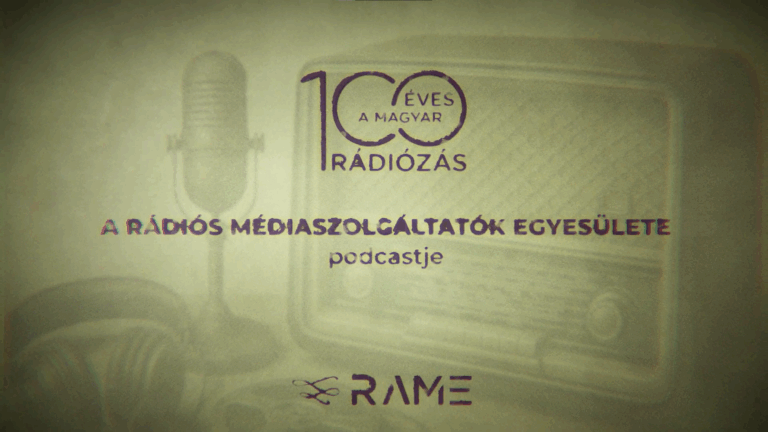The Media Council of the National Media and Infocommunications Authority (NMHH) has concluded the evaluation phase of the 2023 call for proposals for the promotion of public television, news, and magazine programmes, deciding to award nearly 104 million forints within the framework of the TVÁLLANDÓ2023 programme.
The NMHH Communications Directorate informed on Thursday that the annual TVÁLLANDÓ competition announced by the Media Council’s Support Programme aims to promote the production of public affairs, news, and cultural magazine programmes. A total of 23 applications were received, of which 19 were considered valid and worthy of support by the evaluation committee. Three applicants received a grant of 8,920,000 forints for the production of public magazine programmes, eight applicants were granted a 79,200,000 forints for the production of news programmes, and eight applicants were allocated 15,602,753 forints for the production of cultural magazine programmes.
At its meeting on 5 March, the Media Council announced this year’s calls for proposals for the production of television and radio programmes:
the RÁDIÓÁLLANDÓ2024 tender for the production of radio news programmes, public service magazine programmes, and thematic magazine programmes, and the TVÁLLANDÓ2024 tender for the production of public affairs magazine programmes, news programmes, and cultural magazine programmes.
At the same meeting, the Media Council found that between 11 and 17 December last year, Radio 7 had breached its contractual obligations by failing to broadcast an adequate number of programmes on public service, local public affairs, everyday life assistance, and the needs of national or other minorities. For this infringement, the authority imposed a fine of 40,000 forints on the media service provider.
The Council investigated A szomszéd tehene (The Neighbour’s Cow), a programme on RTL about a girl haunted by a ghost who died in a fire, following a complaint from viewers. The Council assessed the programme from the perspective of the protection of minors and found the category ‘not recommended for children under 12’ to be appropriate, as well as the broadcast time to be suitable.
Furthermore, the Council investigated—also on the basis of a complaint from a listener—the radio programme Balázsék on Radio 1 for sexual references made during the 9 January broadcast. The programme included pornographic images and videos that had flooded the Gödöllő-based Fidesz party’s Facebook page due to a hacker attack. As the objectionable part lasted only 8 minutes out of the 4-hour programme and the presenters avoided using explicit sexual language, the producers did not endanger the healthy development of the protected age group. Therefore, the Media Council did not initiate proceedings.
However, proceedings were nevertheless initiated against Balázsék in another case for making jokingly derogatory remarks at the expense of a guest, allowing racist comments against him: the Council’s position was that the programme conveyed content about the inferiority of a social group and that the remarks against the guest conveyed a message to listeners that human dignity is not universal. The statements were not merely jesting; the invited guest was humiliated by being targeted with jokes about his skin colour. The programme thus considered racism as a source of humour, which is incompatible with the constitutional values requiring respect for human dignity. Accordingly, the Media Council initiated administrative proceedings against the media service provider.
Related articles:
Sources: Hungarian Conservative/NMHH/MTI








